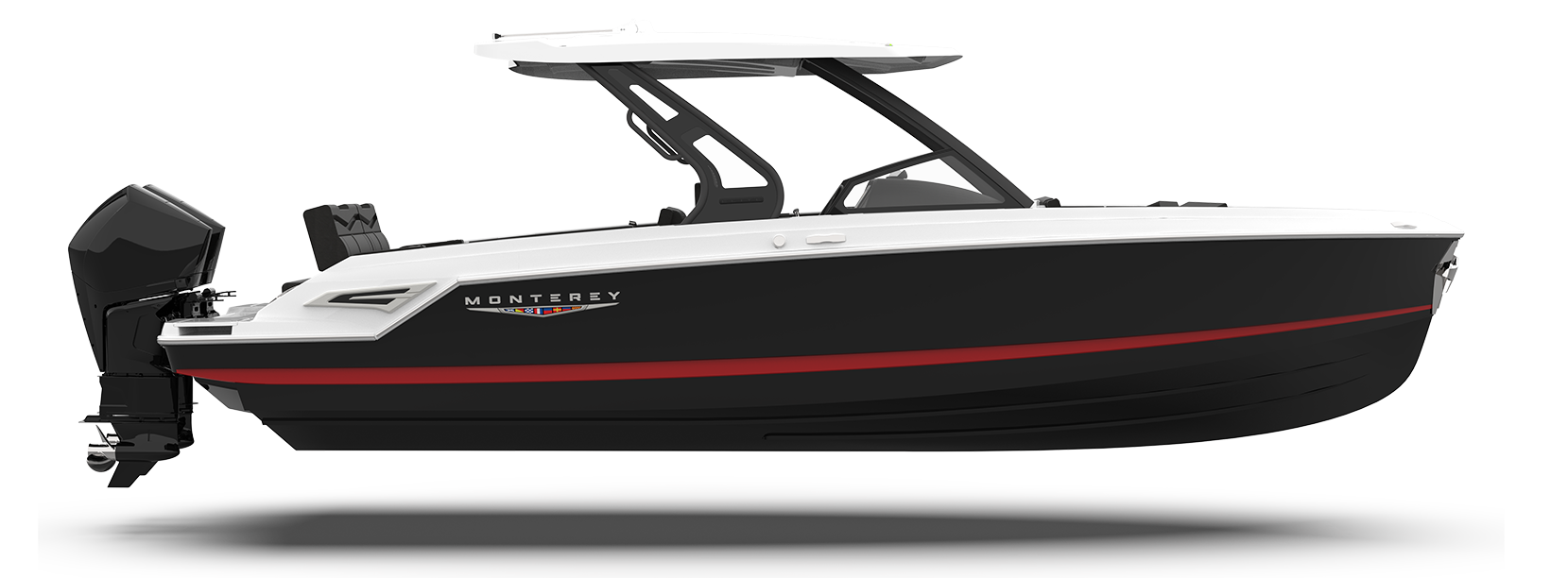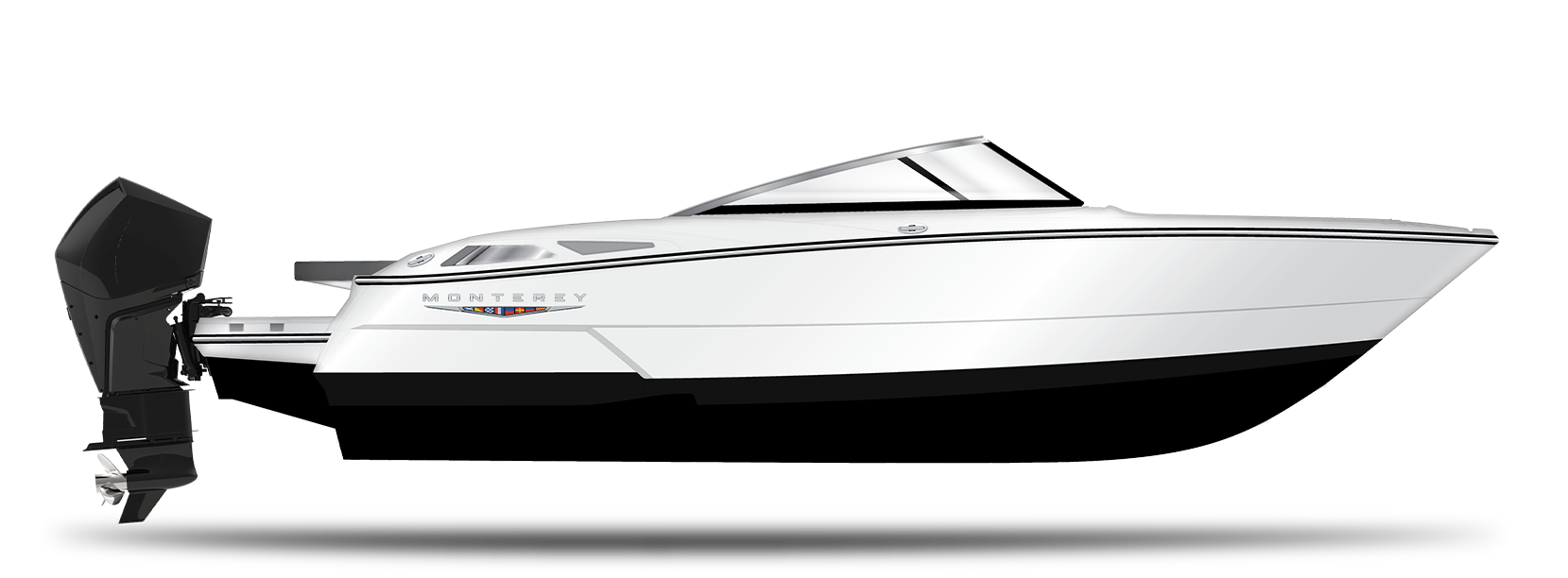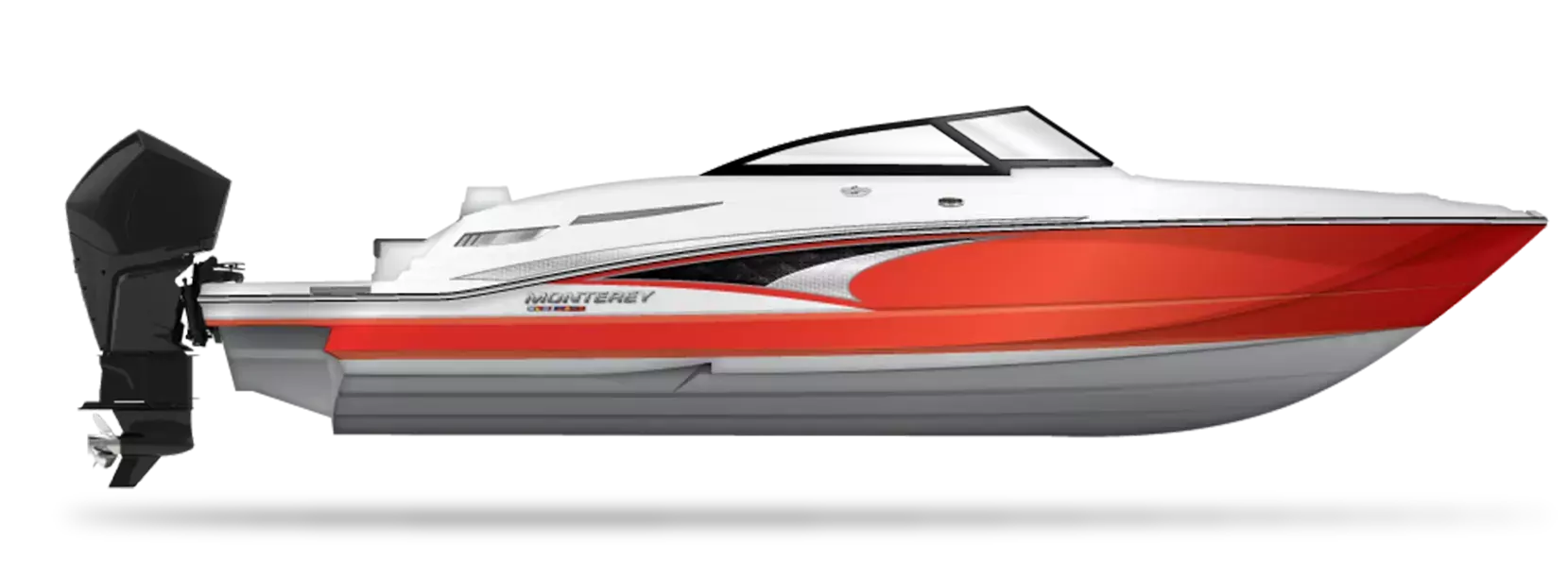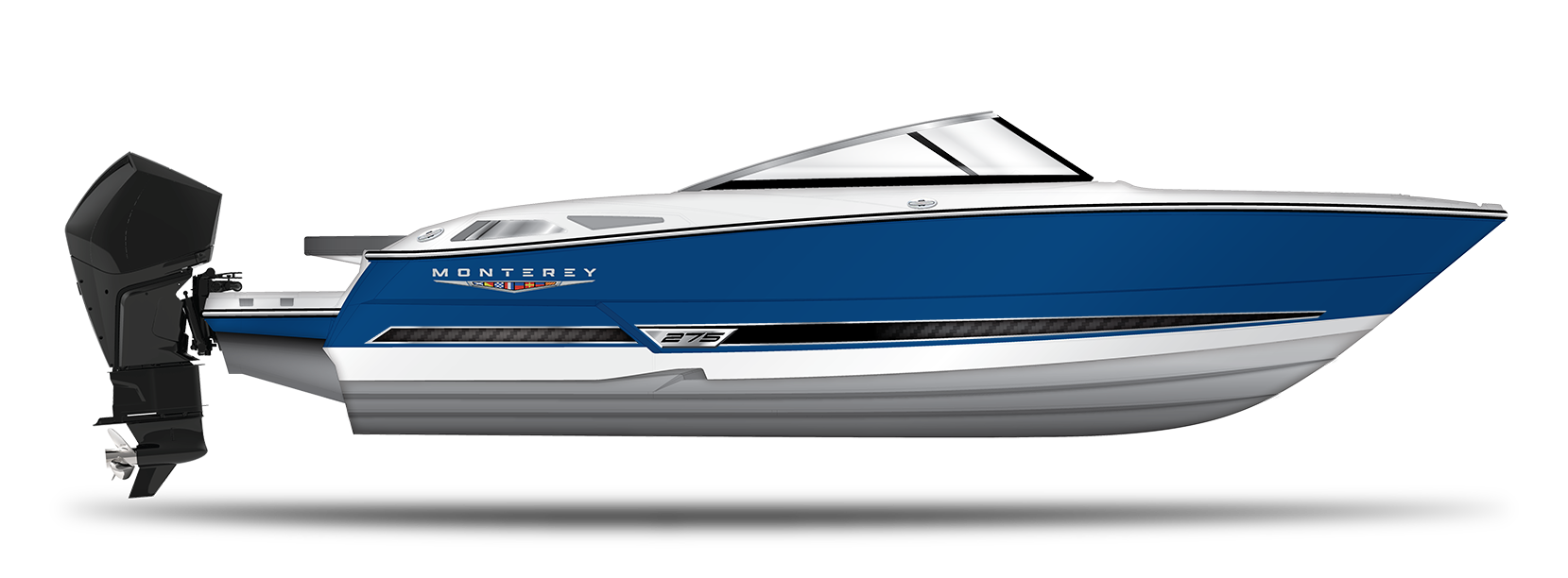Celebrating World Meteorological Day
Whether you choose to stay in because the forecast calls for choppy waters, or you’re excited to venture out because you see it will be a sunny day, meteorology plays a big role in our day-to-day boating routine… but you don’t need to be a meteorologist to know your weather! With World Meteorological Day on March 23rd, we thought we would share some of the ways you can hone your weather-observing skills to make life on the water safer and more rewarding.
Record what you see. You can do this in a handheld journal or on your phone’s memo app; just take note of what you see in the sky and in the water! As time goes on, you should be able to look back on what you observed (fluffy clouds, rough water, or clear skies… whatever it may be) and make connections once you’ve developed a basic understanding of weather at sea.
Keep a camera close by. This tip ties in with our advice on recording everything you see… what more objective and true-to-life way to measure weather than with a camera? Whether you use your phone or your trusty point-and-shoot camera, keeping something with you on board to capture interesting phenomenon will add some weight to your observations.
Study up! You’ll be able to lend some logic to your observations and predictions when you arm yourself with the basics behind clouds, wave behavior and coastal climates. Get to know your area and what different formations or occurrences mean—what you only casually noticed before could turn out to be pretty significant in the scheme of things! Visit our article on cloud formations to learn what clouds’ different shapes and altitudes really mean for your weather.
Pay attention to forecasts. There’s no better way to prepare yourself than to come equipped with a clear forecast. Know what to expect, when to expect it, and what to look for as a clue-in; often, the hints before a storm are much more obvious than you might think!
Make predictions. You might not have a degree in meteorology, but even with an amateur understanding of weather you’re able to decipher and predict several changes and big occurrences in the weather around you. When you keep track and study climate and weather, you can more accurately plan for long days on the water and be prepared in case you need to cut your trip short.
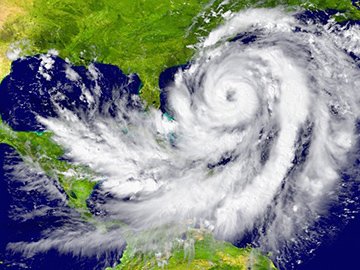
Bookmark & Share
User Comments
Be the first to comment on this post below!
Previous Article
Next Article


